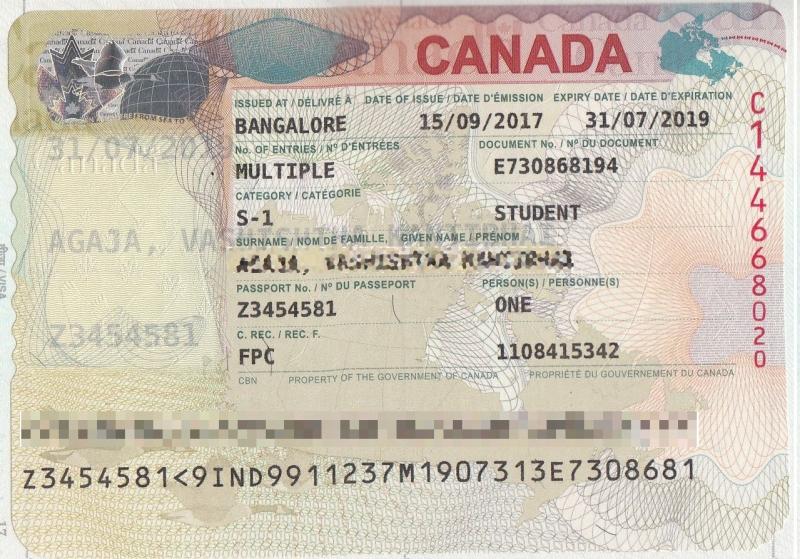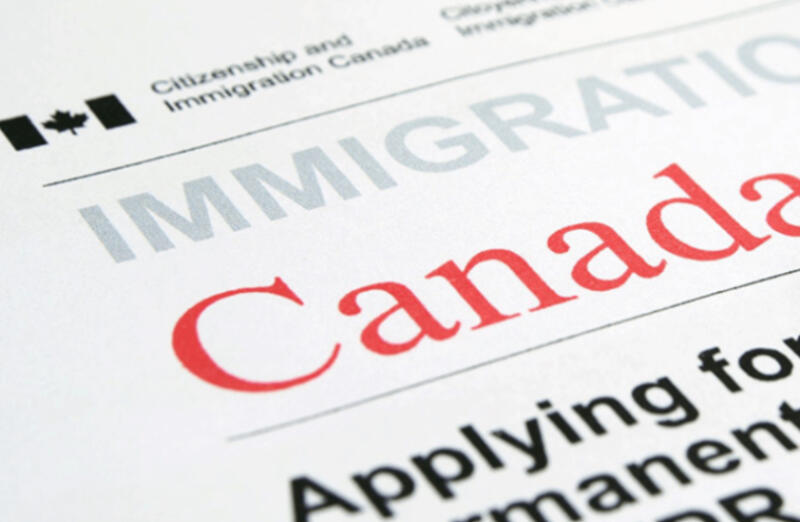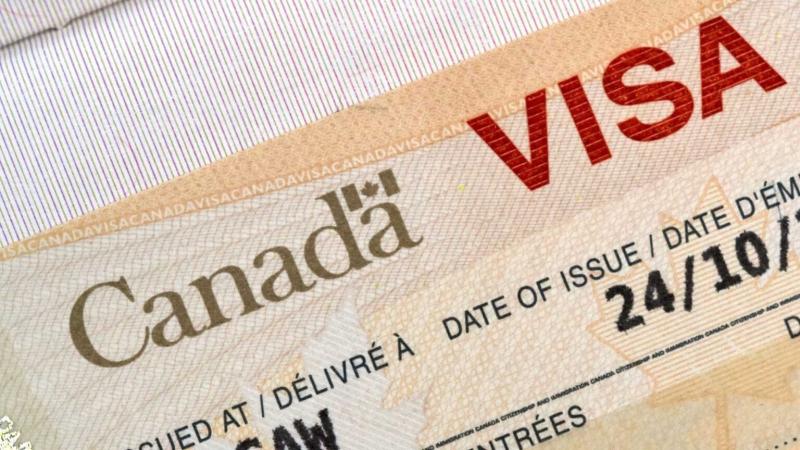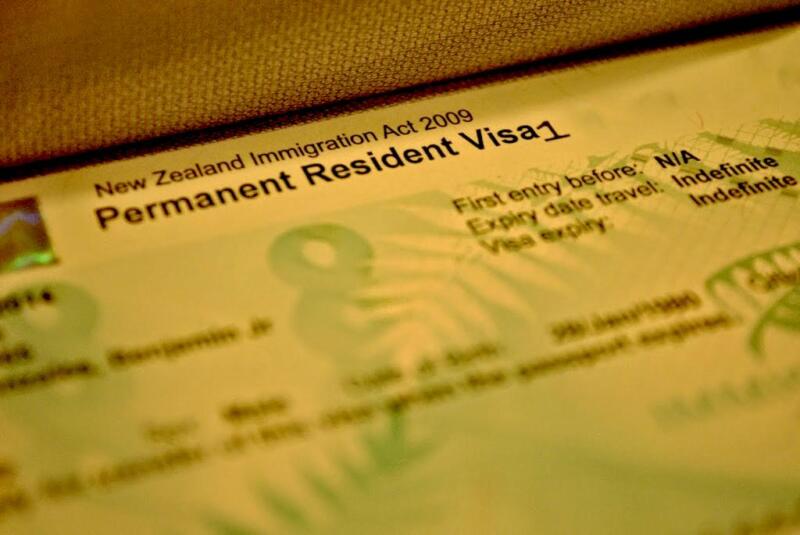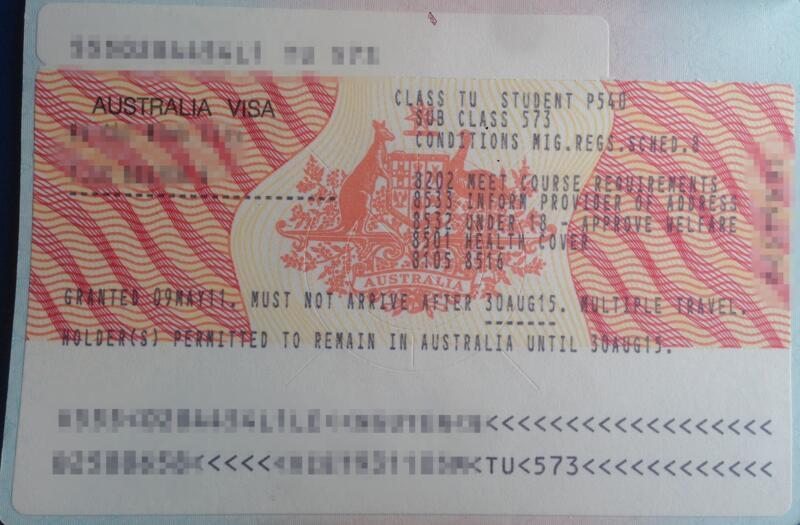Programs managed by Express Entry are among the most well-known choices for new professional immigrants who desire to relocate to Canada.
This is because Immigration Refugees and Citizenship Canada (IRCC) has a six-month publicized service measure for Express Entry requests, making it one of the quickest methods to become a Canadian permanent resident.
Getting an Invitation to Apply (ITA) for permanent residency via Express Entry largely depends on an applicant’s Comprehensive Ranking System score. The higher the applicant scores, the more likely they will get an ITA.
A comprehensive Ranking System score depends on a mixture of human capital aspects, including age, employment skills, career, education, and language ability.
Recently, Express Entry has drawn mostly general draws, and minimum Comprehensive Ranking System scores have been higher than 500. Hence, the make-up of applicants in the Express Entry pool currently has 18,106 applicants with scores higher than 500 as of February 28.
Based on context, the same information indicates 211,487 Express Entry applicants are in the pool. In other words, less than one-tenth of Express Entry applicants have high enough Comprehensive Ranking System scores to be deemed for a general Express Entry draw so far this year.
This may direct people with a Comprehensive Ranking System score lower than 500 to consider whether it is still worth applying to the Express Entry pool or seeking a varied route to Canadian immigration.
Table of Contents
The Current Express Entry Draws
The minimum Comprehensive Ranking System score needed to get an Invitation to Apply modifies in each Express Entry draw and can be affected by the kind of draw, which may be general, program-specific, or category-based.
Comprehensive Ranking System scores indicated vast differences through Express Entry draws in 2024. On March 12, 2024, ten express entry draws were conducted.
The general draws were six, implying that applicants were regarded from all express entry programs and classes. Scores for the general draw varied from 525 to 541.
This year’s other four draws were for applicants qualified via category-based selection. Based on the class, the Comprehensive Ranking System scores for these draws have naturally been lower than the general draws, varying from 336 to 437. The category-based selection draws launched in May 2023 as a way for IRCC to aim at Express Entry applicants with certain in-demand characters. Five out of the six classes are career-based for:
- Healthcare professions
- Agriculture and agri-food professions
- Science, technology, engineering, and mathematics (STEM) occupations.
- Transport professions
- Trades professions, which include carpenters, contractors, and plumbers.
The remaining class is for Express Entry applicants with strong French language skills. Applicants in this class observed the lowest score of the year, 336, in the 29th February draw for 2,500 applicants. Another draw in the same class on February 1 was compared to about 7,000 Invitations to Apply allocated to people with a Comprehensive Ranking System of 365.
This implies that applicants with a Comprehensive Ranking System score too low for a general draw may still receive an Express Entry Invitation to Apply if they are qualified for category-based choices. In 2023, IRCC requested more than 16,000 Express Entry applicants in category-based draws.
Meaning Of Express Entry Draws
Express Entry is a request management system that controls the Federal Skilled Worker Program (FSWP), Canadian Experience Class (CEC), and the Federal Skilled Trades Program (FSTP).
People interested in applying for one of these programs must first reassess whether they satisfy the qualification measures for their desired program. If so, the applicant must fill out and upload their Express Entry profile to acquire their CRS score. When they receive a Comprehensive Ranking System score, they must wait for an Invitation to Apply from IRCC.
Should you find this piece engaging, we kindly invite you to explore the wealth of content in our other articles:
How To Enhance Your Score
Express Entry applicants with lower scores can work on enhancing their scores while they await an Invitation to Apply. Any update on human capital components can be added to their profile.
Language Proficiency
Statistics Canada recently publicized a survey on the economic results of skilled new immigrants according to their language abilities. It discovered that language was the most massive predictor of successful economic integration, more than any other aspect. For instance, it stated that immigrants who have acquired a level 10 reading ability in either CLB or NCLC achieve 25 percent more than their counterparts with a level 7 ability.
The highest Comprehensive Ranking System score an applicant without a spouse can receive for language ability is 136, with 34 points for each of the four assessed language abilities: listening, speaking, writing, and reading.
Applicants can acquire IRCC-identified language exams, such as the Canadian Language Benchmark or Niveaux de competence linguistique Canadien, as often as possible to receive their desired score in either French or English. Qualified exams such as:
-
- TCF Canada: Test de connaissance du francais
- CELPIP General Exams
- TEF Canada: Test d’evaluation de francais
- IELTS General Training
- Pearson Test of English (PTE) Core
Education
Immigration, Refugee, and Citizenship Canada also provide marks for increased levels of education. Applicants without a partner following will receive a post-secondary degree of 12 months and a point of 90 for their studies, while those with a post-secondary degree of 3 or 4 years will receive 120 points.
This implies that, based on a person’s situation, returning to school may be a good alternative for increasing a total Comprehensive Ranking System score.
Age
Applicants contemplating applying to an Express Entry program are suggested to do so earlier instead of later, since younger applicants get more points than people who wait until they are 30 or 40 years old.
The people who go into the pool between the ages of 20 and 29 without a partner following them will receive 110 points. After an applicant ages 30, this reduces to 95 points and keeps reducing annually until 40, when the highest points for age reduces to 50.
Provincial Nomination
Applicants for express entry who also get a provincial nomination automatically receive an extra 600 Comprehensive Ranking System points, which nearly assures an Invitation to Apply in an upcoming draw.
Those already in the Express Entry pool can apply for a nomination directly to the region where they desire to settle or wait for the regional administration to allocate an Expression of Interest (EOI) in a Provincial Nominee Program (PNP) draw before making an application. Expressions of Interest for nomination are similar to an Invitation to Apply for Express Entry.
Via the Provincial Nominee Program, regions assign the applicants who are observed as most likely to successfully merge into the regional workforce and contribute to the local economy by completing urgent employment openings.
Each region has several streams that target in-demand characters within the region. For instance, regions may target applicants with certain professions, foreign graduates, and businesspersons. Some even have Provincial Nominee Program streams for applicants ready to get employed in rural areas or farms.
Applicants for Express Entry must understand that the Provincial Nominee Program is a different immigration program, and they will need to present a separate request and payments to the nominating region. A nomination is not the same as receiving permanent residence. Still, it notifies IRCC that a person is prospectively a strong applicant, which is a benefit of a permanent resident request.

